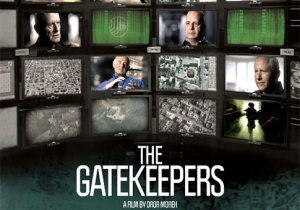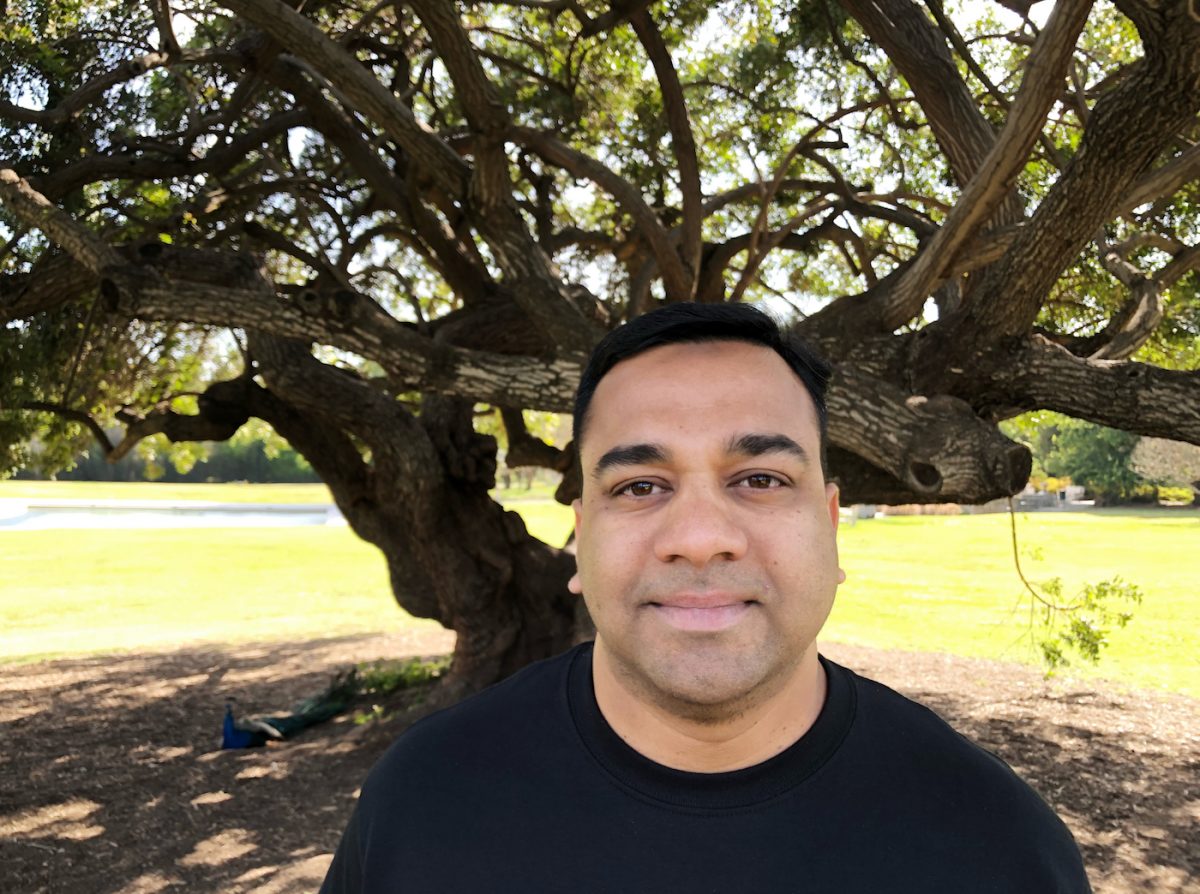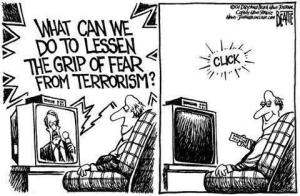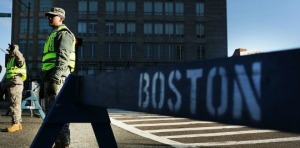Either by chance or de sign, I am watching films related to the Palestinian situation these days. And increasingly, these are being produced by Israelis or joint collaboration between Israelis and Palestinians. The most recent was The Gatekeepers, which I watched just a few hours ago. It is a powerful documentary that captures the voices of six former Shin Bet chiefs, who seem to unanimously agree in that the existing policies of the state of Israel are wrong and the state may be winning a battle, but losing its war on “terror.” Just a few weeks ago, I watched Five Broken Cameras, which is a powerful narrative of the recent trend in nonviolent protests in Palestine and how the state of Israel is reacting to it. The Gatekeepers is told from an Isreali perspective, but offers a perspective that is not to be dismissed easily.
sign, I am watching films related to the Palestinian situation these days. And increasingly, these are being produced by Israelis or joint collaboration between Israelis and Palestinians. The most recent was The Gatekeepers, which I watched just a few hours ago. It is a powerful documentary that captures the voices of six former Shin Bet chiefs, who seem to unanimously agree in that the existing policies of the state of Israel are wrong and the state may be winning a battle, but losing its war on “terror.” Just a few weeks ago, I watched Five Broken Cameras, which is a powerful narrative of the recent trend in nonviolent protests in Palestine and how the state of Israel is reacting to it. The Gatekeepers is told from an Isreali perspective, but offers a perspective that is not to be dismissed easily.
Superbly shot and very well edited, The Gatekeepers is a sneak peek into the minds of men who have arrested thousands, assassinated hundreds and controlled millions of Palestinians in their careers. This is a one of a kind documentary that goes beyond the façade of the tough men working in intelligence units to show the human side of their work. “Politicians like to make binary decisions, with just 0 or 1, they don’t like multiple scenarios. Our work is to make decisions in complex situations, where there are more than two options, sometimes three or four,” points out one of the chiefs. The moral ambiguity that faces them when making decisions involving life and death are not easy, even to these hardened men.
“Victory is seeing you suffer,” points out a Palestinian psychiatrist to the Israeli chief of Shin Bet and this seems to be what is occurring in Israel today. While the spate of suicide bombings may have reduced from what it was during the Intifada, the fact that the average Israeli is in a constant state of anxiety, due to the actions of the state, that seeks to keep the occupation going is hard to miss.
The film is a powerful statement to the power of surveillance, and authority that the Israeli state has over Palestinians. Avraham Shalom points out how census was taken as a practice in the post 1967 era, to keep a tab on all the Palestinian population in the occupied territories. While there is no doubt that often, this leads to power being abused, the realities of keeping the status quo i.e., the occupation intact trumps all moral ambiguities that the chief of Shin Bet may feel. “We are just doing our job and perhaps after we retire, we become leftists,” says Gilon.
The film is a sobering reminder that there cannot be peace unless the strong side, in this case Israel makes a real effort towards it. While the film does flow chronologically with the 1967 war, the Oslo peace agreement and the Intifadas that followed, it is not meant to be a history lesson. The narrative is firmly rooted in the decisions that these men make and the consequences that it has for the state of Israel and also the Palestinian civilians. While it is a sobering reminder to all that there cannot be peace in the region unless extremists on both sides stop the cycle of ‘intractable violence,’ it is also a stronger indictment of the regime that does the controlling and monitoring and securitization to look at the wisdom in all its actions and look at a strategy rather than just operating tactically, as we are reminded throughout. The tension between who is a terrorist and who is a freedom fighter is also clearly brought out, as the chiefs admit that there are no black and white scenarios here, and “one man’s terrorist is another man’s freedom fighter.” The fact that the Israelis are treating the Palestinians similar to the way Germans treated the occupied lands is also admitted by one of the chiefs.
Here is an interesting interview with Dror Moreh, the director of the film who says: “The more we are advanced in technology, the more impersonal it becomes.” An apt reminder for us, in the age of drone lead warfare. The parallels between this and the war in Afghanistan are not to be missed, especially when it comes to targeted assassinations. Ami Ayalon points out that the assisination of Yayha Ayyash was a big event, and that underscores some of the issues that come up in targeted killings. While still debated on all fronts, simply because it goes against international norms, the fact that these are occurring as we speak, makes this issue current and controversial.
Dichter’s words may be apt to sum up the powerful narrative of the film when he says “ You cannot make peace by military means.” That may well be the wisdom that the Israeli politicians need to imbibe.



